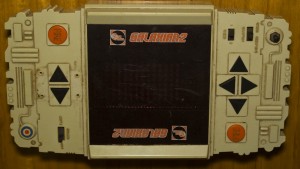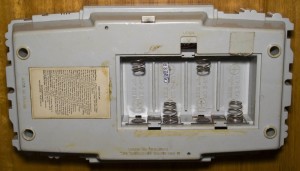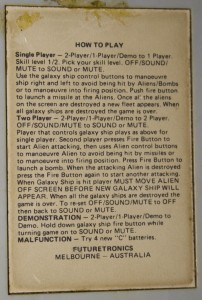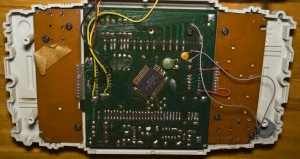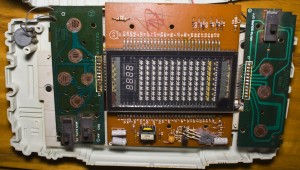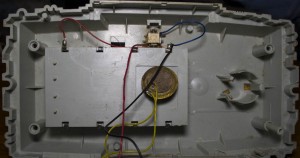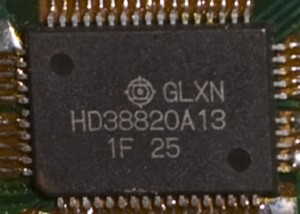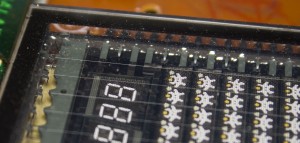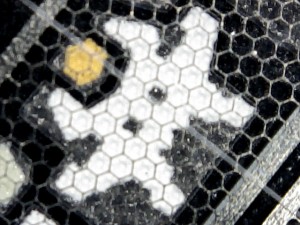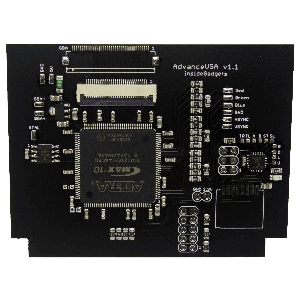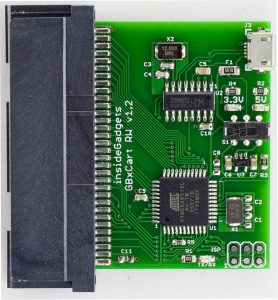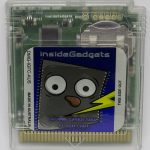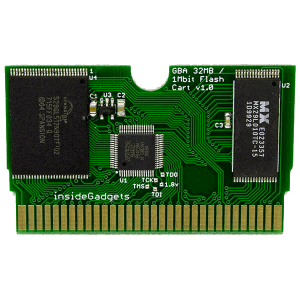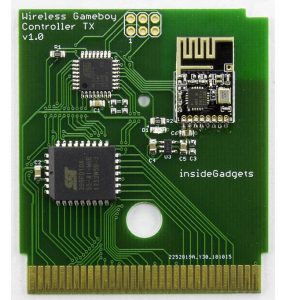It’s retro teardown time, today we’ll be taking a look at a game called Galaxian 2 made by Futuretronics which was build in 1981 so we’ve had this around for a long time. You can either play single player or with someone who controls the alien ships.
We used to have a joystick mounted for easier control on the single player controls. For anyone who owns one of these games you might notice a potentiometer near the second player’s controls, this was a modification that one of my relatives made to it to increase or decrease the game speed; and I always thought it that this game had that feature by default! It takes 4x C batteries, has a DC jack too and of course is missing it’s battery cover.
https://www.youtube.com/watch?v=qJyfhD36BIA
Here’s a video of me playing the game and listening to the game over music.
And here is a closer look at the instructions. A few screws later and we’re in.
Firstly on the underside of the case we have the piezo speaker which has aged quite badly.
On the bottom of the PCB we have the main chip which is an Hitachi HD38820A13 which has the text “GLXN” which could be short for Galaxian. This chip is PMOS 4-Bit Microcomputer with high voltage capability (49V) for driving vacuum-fluorescent displays which is what we also have. It’s got 2,048 words ROM (10bits/word), 160 digits RAM (10bits/word) and a clock between 320 to 480KHz. We also have the mod in place to increase/decrease the clock speed of the chip, it’s a capacitor with pot.
On the top of the board, we’ve got ourselves a small transformer to boost the voltage for the display which seems to be running at 39V. One of the transistors has been replaced.
The display is a vacuum-fluorescent which has the icons on the horizontal and thin vertical lines down the display. You’ll note that the colour of each image doesn’t represent it’s true colour when lit up.
Here’s a bit of a close up of the alien ship icon.
And that’s all, not a whole lot to it but interesting to see how they did these games back in the day.
